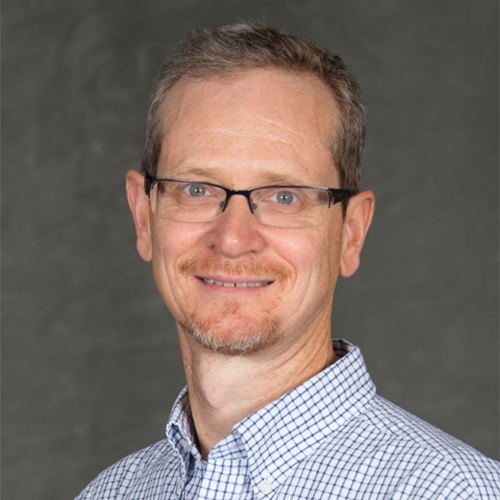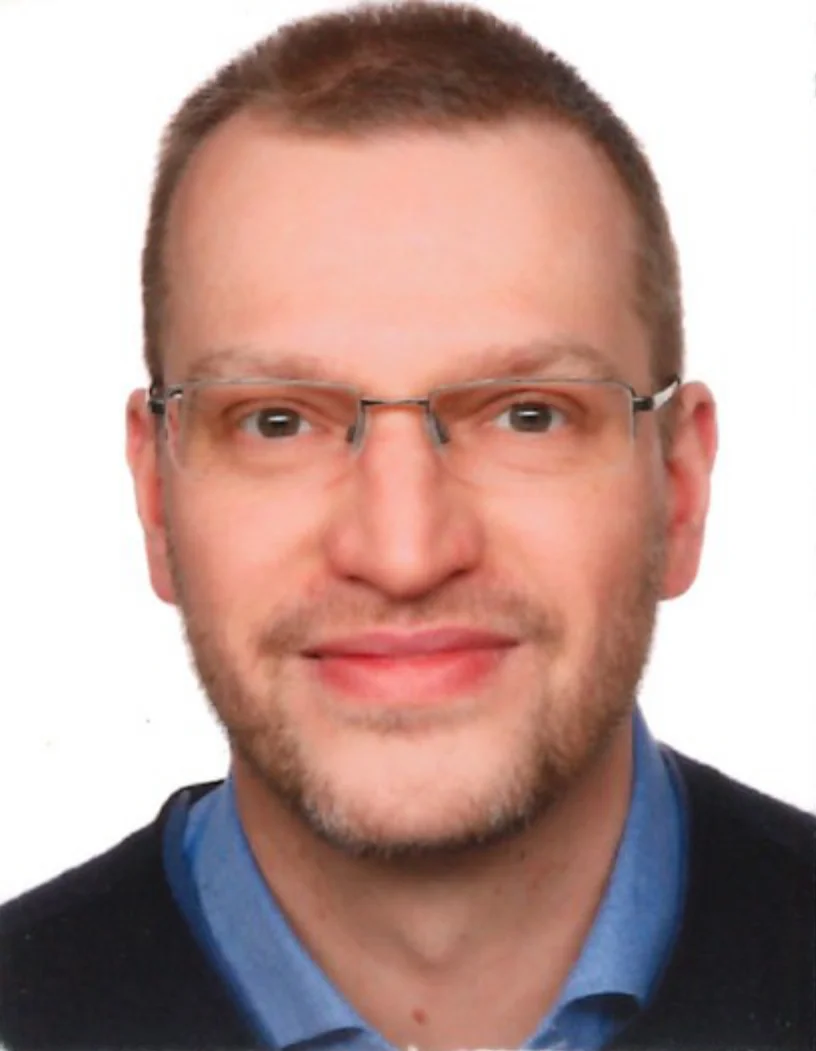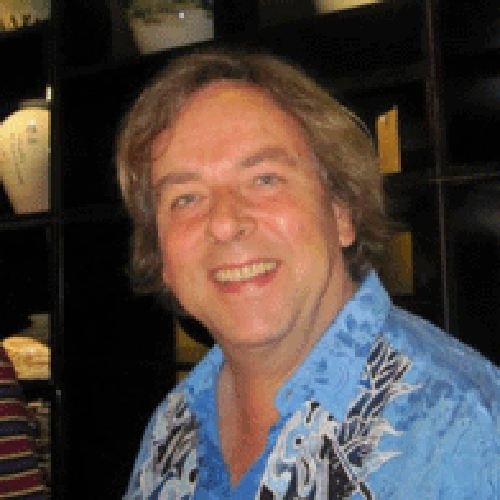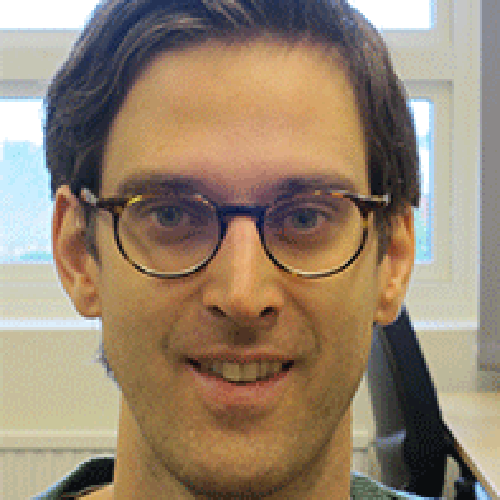ABOUT DYNAMICS
The theme "dynamics" addressed time dependent phenomena, such as biological processes, motion of biomolecules and colloids, or transport processes in hard matter, utilizing the accessible time and length scales with neutrons and X-rays, and the coherent properties of MAX IV. Systems and processes studied include equilibrium as well as non-equilibrium phenomena, reversible and irreversible processes, order-disorder transitions, dynamics on different length and time scales, as well as transient states that could for example be studied with pump-probe experiments. The theme focused in particular on the application and future development of experimental tools such as quasi-elastic neutron scattering (for example neutron spin echo or backscattering experiments), x-ray photon correlation spectroscopy or fast pump probe experiments, and computer simulations performed in order to help und understand experimental data.
The Dynamics theme was established in 2017 with the overall aim to understand dynamic processes using neutrons and X-rays. The core group of Dynamics consisted of six members, Prof. Peter Schurtenberger, Lund University, Dr. Ann Terry, MAX IV, Lund University, Prof. Mikael Lund, Lund University, Prof. em., Dr. Dieter Richter at FZ Jülich, Germany, and Prof. Peter Olmsted, Georgetown University US. Prof. Peter Schurthenberger was the core-group leader. In August 2018, Prof. Marie Skepö took over the role as a core-group leader, whereas Prof. Peter Schurtenberger remained in the core group. Later the same year, Prof. Anna Stradner was elected to become a core-group member. Four working groups (WG) and four research programmes (RP) were formed, and the theme hosted four guest researchers.
“The Dynamics theme made it possible for research groups to focus on research questions that are much bigger than one researcher can tackle alone”,
Theme leader Prof Marie Skepö, and founding LINXS Director Prof Peter Schurtenberger.
The Dynamics of Biological Macromolecules working group was established in November 2017. The first workshop on “Dynamics of biological macromolecules” was held in June 2018. The topic, Characterization and understanding of the dynamic properties of important biological components such as globular proteins or monoclonal antibodies, and the aim, was to bring together leading scientists from different fields, such as soft matter physics, biology, and pharmaceutical sciences, with expertise in experiments, theory, and computer simulations. The workshop was directed into the use of neutrons and x-rays and the development of a novel methodology but also featured other complementary experimental techniques. As a résumé: Breadth of the field reflected in the audience (95 participants; 13 keynote speakers), which contained scientists from all levels from various university faculties, industry, large-scale facilities etc., from Lund as well as from outside of Lund. In 2019 the name of the working group was changed to also include structure, thus: Dynamics and structure of biological macromolecules since it gave a correct impression of the focus. Two research programmes (RP) were also defined within the working group, aiming to work on more narrow, in-depth, research questions. The first one started in autumn 2018, RP1: Simulation, theory, and software development for anisotropic particles, led by Prof. Mikael Lund, including Prof. Jan Skov Pedersen, Aarhus University, DK, Dr. Andrew Jackson, ESS, and Prof. Anna Stradner, whereas the second RP, was founded in spring 2019, directed into Antibodies in solution.
Antibodies in Solution: At the round table discussions of the LINXS workshop on the “Dynamics of Biological Macromolecules” in June 2018, the first workshop of the LINXS Dynamics theme, the characterization and understanding of the static and dynamic properties of antibody solutions received particular attention. It clearly emerged as one of the highly timely topics where LINXS could and should play a central role by helping the community to get access to sufficiently large quantities of this precious high-quality material and as a coordinator of a concerted effort to make progress in the field.
The research programme “antibodies in solution” was thus created in spring 2019 to tackle these problems by securing sufficient amounts of well-defined antibodies and perform a concerted research investigation that covers all relevant length and time scales needed to understand the properties of individual antibodies as well as those of concentrated solutions. The programme gathered 14 international experimental and theoretical/simulation experts who, together with their research groups, committed themselves to this collective effort. The Antibodies RP was later transferred to the Integrative Pharmacology and Drug Discovery (IPDD) theme, and since 2022, organises a successful webinar series together with NIST.
Characterizing Soft Matter with X-ray Photon Correlation Spectroscopy (XPCS) (WG 2) held a workshop on “Challenges facing the advancement of X-ray Photon Correlation Spectroscopy (XPCS)” in June 2018 for a small number of participants. The topic was on XPCS and how it allows access to the dynamics of molecules on the timescale of relevance to the study of, for example, diffusion or relaxation processes. This technique would benefit from the high coherent flux at new and upgraded synchrotrons, MAX IV, ESRF, and APS. The workshop aimed to bring together a small group of selected technical and scientific experts for an informal discussion of the practicalities of such measurements and the developments which are needed, and the focus was on how to extend the application of XPCS from idealised samples to address relevant scientific questions, e.g., in radiation-sensitive samples. As a résumé, a lunch-to-lunch workshop with 15 people in attendance with expertise from high coherence beamlines, sample environment, detectors, and software.
A summary of the outcome of the working group:
The development of XPCS will require a concerted effort across facilities and detector manufacturers to bring the advances needed.
All parties would benefit from collaborating rather than competing to achieve this goal.
A European-based consortium was formed to collaborate on the development of XPCS at the CoSAXS beamline, MAX IV.
A letter of support for advancing this high coherent technique was submitted to the MAX IV Scientific Advisory Committee with various recommendations to achieve the development of XPCS at MAX IV.
A grant (Röntgen-Ångström) was successfully applied to provide necessary resources and collaborative goals.
An Expression of Interest for the strategic development of XPCS within the mid to long-term goals of MAX IV was submitted by the RÅC consortium with the support of LINXS.
Within the Dynamics and Structure of Membranes and their constituents working group, three different events were organised, starting with a workshop in September 2018. The title of the workshop was Dynamics of membranes and their constituents, and more than 80 researchers attended the meeting, which also included 13 keynote speakers. The focus of the meeting was to discuss how the new powerful neutron and synchrotron facilities, ESS and Max IV, could help us better understand membrane structure and curvature, as well as the dynamics aspects that are crucial for the function of the membrane, including those of membrane-bound proteins.
The second event was the web-based graduate course “Neutrons in Life Science and Biomaterials, 14-18 June 2021, within the SWEDNESS program. In total, it was 20 participants.
The third meeting was the yearly event: Lipid Bilayers, that this year was held in June Lund as a partner event with LINXS and ESS. Since it was held in collaboration with ESS, it was named Lipid Bilayers at ESS – BESS. In total it was 86 participants and 8 keynote speakers, and the focus was on the physicochemical characterization of biomembranes using experimental techniques such as scattering, reflectometry, imaging and theoretical modelling and computer simulations.
Within this WG, two successful Research programmes (RPs) were formed:
1. RP 1: Structure and dynamics utilising the GISANS technique
2. RP 2: Sample environment and data evaluation of biological membranes
The main highlights from RP 1 are that they, in December 2021, achieved a 10 MSEK grant ”SAGA – Preparing for a GISANS instrument at ESS – A Swedish Initiative” was obtained from The Swedish Research Council and placed at LINXS. RP 2 achieved, in January 2022, a 9.4 MSEK grant ”Maximizing information content in neutron reflectivity data by optimised magnetic reference layers” was obtained from The Swedish Research Council and placed at Linköping University.
CORE GROUP
GUEST RESEARCHERS
WORKING GROUPS
DYNAMICS WG 1
Dynamics and structure of biological macromolecules
The working group addressed the need to educate future users of ESS, MAX IV and other major research infrastructures in topics related to dynamics of biological macromolecules. They brought together leading scientists from soft matter physics, biology and pharmaceutical sciences, with expertise in experiments, theory and computer simulations and showcase what can be achieved at MAX IV and synchrotrons worldwide.
Research Programme 1: Simulation, theory, and software development for anisotropic systems
Research programme 2: Antibodies in Solution
DYNAMICS WG 2
Characterizing soft matter with X-ray Photon Correlation Spectroscopy
X-ray Photon Correlation Spectroscopy (XPCS) is a technique which allows access to the dynamics of molecules and particles in a sample. It has been applied in condensed matter systems, for example in glasses, but is under-exploited in biological and soft matter samples where it could bridge the gap between the timescales accessible by neutron spectroscopy and light scattering. The technique examines the temporal variation in the coherent speckle patterns and thus is of relevance for following collective processes such as diffusion, relaxation, reorganization. As such, it will benefit greatly from the new synchrotron X-ray sources that will provide high coherent flux. These facilities are either nearing operation (CoSAXS at MAX IV) or about to be upgraded to deliver higher coherent flux (ESRF and APS), thus there is a timeliness to exploring what needs to be done to develop the potential of XPCS to move from idealized samples to biological and soft matter systems and address relevant scientific questions. It is apparent that difficulties to be addressed include: detector speed, signal to noise and beam damage. For this reason, XPCS benefited from a concerted effort by key groups within Europe and world-wide, organized and hosted by LINXS.
DYNAMICS WG 3
Dynamics and structure of Membranes and their Constituents
The Working Group officially ended 15-06-2022 at the BESS 2022 event in Lund, Sweden.
Recent years have seen strong research efforts on the lipid component of biological membranes. While many studies have been focused on the membrane structure, the dynamics of such systems are crucial for the function of the membrane including membrane bound proteins.
The relevant time scales are wide, from seconds to nanoseconds, and therefore a combination of techniques and modeling tools are requires. To some extent and for longer timescales ”traditional” neutron and x-ray scattering techniques can be used. However this often requires a particular sample environment like stopped-flow set-up or temperature and pressure jumps.
Inelastic neutron scattering techniques and X-ray Photon Correlation Spectroscopy (XPCS) has emerged as promising techniques, which will particularly benefit from the new powerful neutron and synchrotron facilities, ESS and Max IV, built up in Lund.
This will be particularly useful for membrane dynamics studies. Increasingly, synchrotron and neutron users as well as large scale facilities have realised the strength of combining large-scale facilities techniques with lab instruments. This includes fluorescence, NMR, surface chemistry techniques and light scattering. They do not only allow better planning of experiments at the large scale facilities, but also provide complementary information that sometimes are essential for the evaluation of neutron and synchrotron x-ray and neutron data.
The development of coarse graining strategies and other modeling tools has allowed us to develop relevant in silico models of the dynamics of rather complex membranes. Although these simulation have given us insight on the dynamics, the combination with in particular Quasielastic neutron scattering (QENS) and other inelastic neutron scattering techniques such as neutron spin-echo with modeling have emerged as powerful tool box do study dynamics in life science systems. The experimental studies will give the needed relevant parameters for the simulations and inversely the simulations will help interpret the experimental data. It is clear that neutron and synchrotron x-ray techniques are powerful techniques to study dynamics in biomembrane systems.
Research programme 1: Structure and dynamics utilizing the GISANS technique
Research programme 2: Sample environment and data evaluation of biological membranes





















LINXS Vice-Director (2017-2023), Dynamics Core Group Leader, LINXS Fellow
marie.skepo@teokem.lu.se
Contact details
LINXS Vice-Director responsible for the focus area of soft matter. Professor, Docent and Head of Division of Theoretical Chemistry at Lund University. Research interests include intrinsically disordered proteins (IDPs) and their interaction in solution and to surfaces, utilizing computer simulations in combination with scattering to achieve an understanding of the underlying physics.